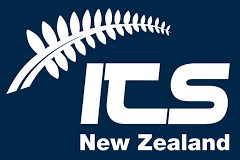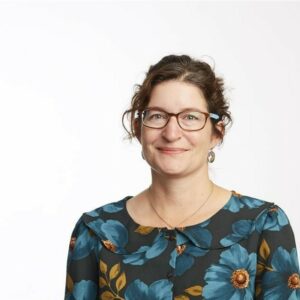 At the recent AGM of Intelligent Transport Systems New Zealand (ITSNZ), the board rewarded the significant contribution made by three sector leaders with Life Membership. Dave Rendall of Fulton Hogan, Mike Rudge of Rudge Consulting and our own Martin Leak were recognised for their leadership and passion in promoting the objectives of ITSNZ and furthering the growth and profile of ITS and the adoption of tech-enabled transport solutions in New Zealand.
At the recent AGM of Intelligent Transport Systems New Zealand (ITSNZ), the board rewarded the significant contribution made by three sector leaders with Life Membership. Dave Rendall of Fulton Hogan, Mike Rudge of Rudge Consulting and our own Martin Leak were recognised for their leadership and passion in promoting the objectives of ITSNZ and furthering the growth and profile of ITS and the adoption of tech-enabled transport solutions in New Zealand.
- All News
- Awards
- Clients
- Community Involvement
- Conferences
- Cost Measurement
- Cycling
- Environmental Sustainability
- Health & Safety
- Industry Engagement
- Infrastructure
- Intelligent Transport Systems
- People
- Projects
- Road Safety
- Update
- Water
- Workshops
 With over 25+ years under her belt as a transport planner, and as a recognised expert in shared mobility, travel demand management and travel behaviour change, it is no surprise to anyone who works with Louise at Resolve Group that she has won the inaugural Transport Planning Society Aotearoa New Zealand’s Biennial Transport Planner Award.
With over 25+ years under her belt as a transport planner, and as a recognised expert in shared mobility, travel demand management and travel behaviour change, it is no surprise to anyone who works with Louise at Resolve Group that she has won the inaugural Transport Planning Society Aotearoa New Zealand’s Biennial Transport Planner Award.
Over these years, Louise has contributed to much of the recent thinking in Aotearoa New Zealand around the ways in which people and transport interact and how that might be optimised. She has co-written white papers on her areas of expertise, has spoken to parliament, appeared on radio and has been sought out to join challenge teams, as a panelist at conferences, and as a reviewer for conference papers.
As a Technical Director, Louise was instrumental in WSP’s three-year sponsorship of the Sustainable Business Network’s Smart Transport Workstream and was the Smart Mobility and Advisory Sector lead. She has been a board director and Deputy Chair of the Wynyard Quarter TMA (2017-2021), supported Auckland Transport’s On-Demand and Shared Mobility programme (2019-2022), led or co-led the Queenstown TDM Scoping Study (2019), Let’s Get Wellington Moving’s Travel Behaviour Change programme (2020) and the TDM components of Western Bay/Tauranga’s Transport System Optimisation Strategy (2022-23). Since joining Resolve Group, she has supported Auckland Transport to develop a pioneering single stage business case for their First and Final Leg (2023),
Around the office, Louise is recognised not just for her expertise but for her enthusiasm for tackling novel projects, and her objectivity, insight and big-picture thinking. Congratulations, Louise, the award is well deserved. Please take the time to have a closer look at Louise’s experience here.



